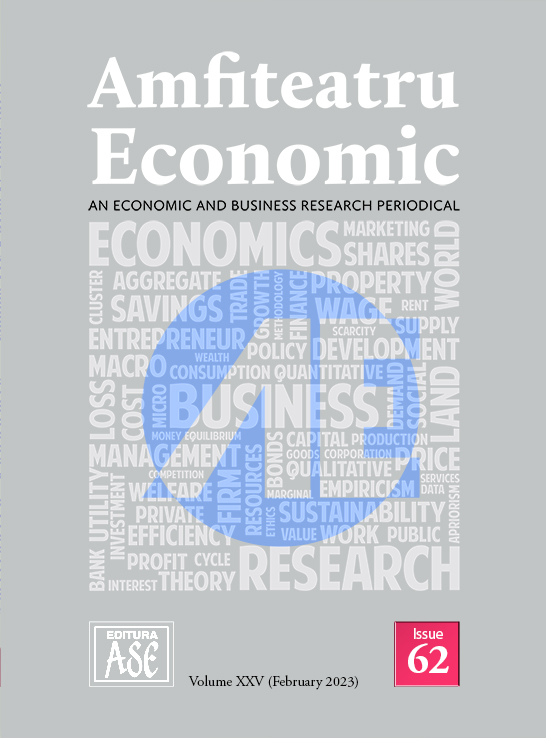Antecedents of Consumer Intentions towards E-waste Recycling. A Perspective on the Toy Industry from Romania
Antecedents of Consumer Intentions towards E-waste Recycling. A Perspective on the Toy Industry from Romania
Author(s): Iuliana Raluca Gheorghe, Victor Lorin Purcărea, Consuela Mădălina GheorgheSubject(s): National Economy, Business Economy / Management, Marketing / Advertising
Published by: EDITURA ASE
Keywords: Circular economy; waste management; toy industry; e-waste recycling; consumer decision making; structural equation modeling; social marketing;
Summary/Abstract: Building a circular economy in Romania has raised several challenges, specifically referring to the management of electronic waste. Although Romania has made significant progress in the collection, recycling, and recovery of large waste, little attention has been paid to recycling small electronic waste, such as toys. The Romanian toy market is extremely attractive because there is no real competition and the barriers to entry on the market are almost nonexistent. This fact results in a powerful industry that would not be affected by any economic and health crisis, and that grows yearly, but produces significant e-waste. Thus, addressing the issue of e-waste management in the toy industry has positive implications for both Romania and the EU. This study expands the existing literature on circular economy by investigating consumers' intention to participate in e-waste recycling in the Romanian toy industry. The sample was made up of 291 mothers, with ages of more than 50 years (35,1%), university degrees (84%) and who usually do not recycle products (35,7%). Several antecedents have been identified that influence consumers' intention to recycle electrical toys and integrate them into an empirical model. Using structural equation modeling, the model was validated, and the findings revealed that the intention to recycle toys was influenced by the attitude towards e-waste electrical toys recycling, self-efficacy, and social norms, in contrast to the following variables that were not statistically significant in the context of the toy industry: awareness, social influence, and measures of the government and NGO. The results of this study provide important information for the implementation of the good practices of circular economy by educating the population and, at the same time, raising awareness through social marketing campaigns.
Journal: Amfiteatru Economic
- Issue Year: 25/2023
- Issue No: 62
- Page Range: 163-179
- Page Count: 17
- Language: English

